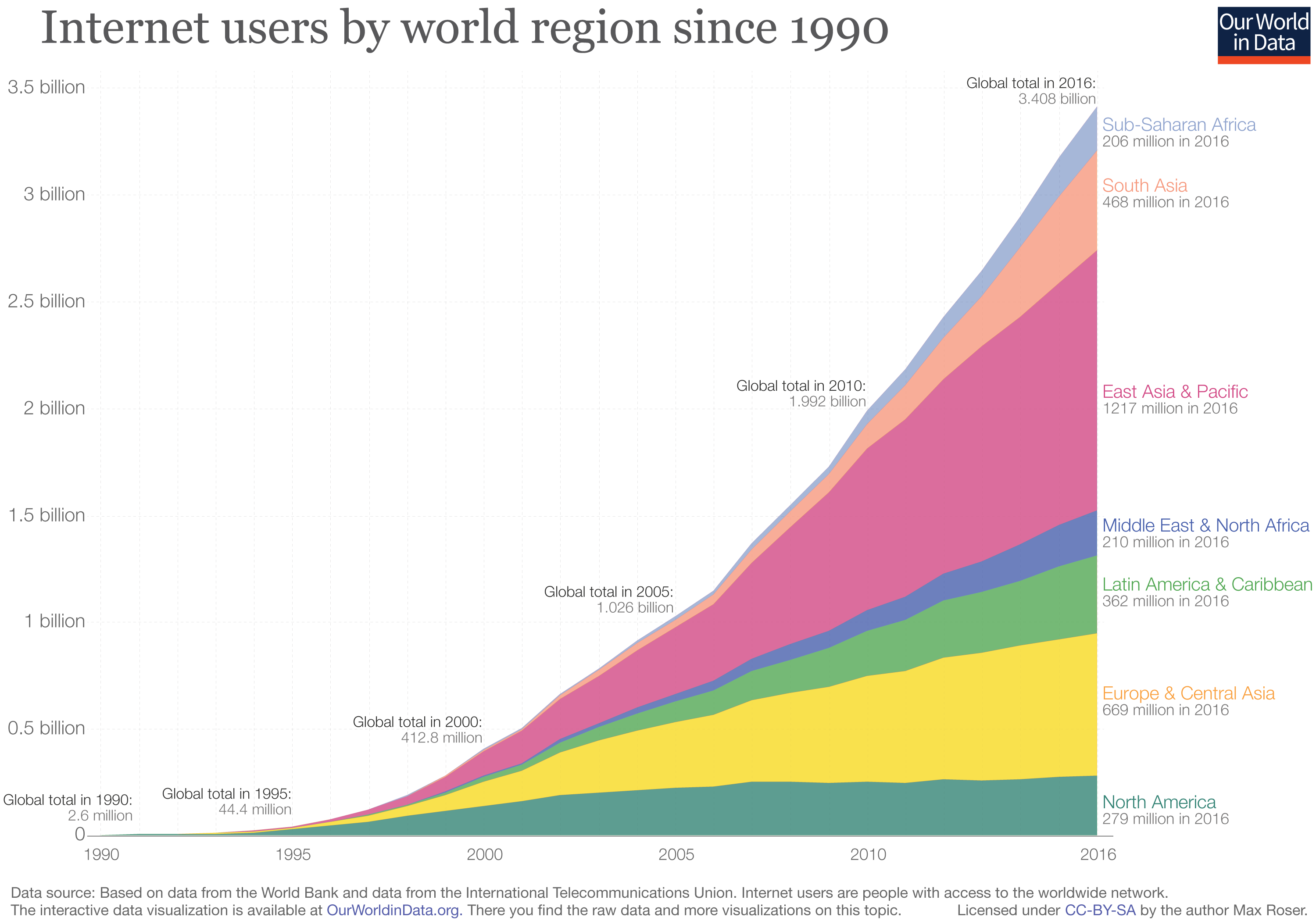Haven't you googled it yet? Why not?! Aren't you terrified? What are your emotions? Do you care? How could you not know it yet?!
You don't have to answer - you've just been clickbaited and then fakenewsed.
Your click, your attention, a piece of your mind, fragment of your life was SOLD.
That's all what mattered, certainly it was not your dignity.
Sorry, I did not want to offend you, but Facebook treats you like this every day, so I thought that you've already adjusted.
Do you remain passive and scroll down or maybe take some actions? How do you react in such situations? But it is not just Facebook.
Every social media platform gathers data about their users and uses it to get to know the best suited advertisements, that are most likely to get clicked on.
It means that you like it. You clicked, didn't you?
It means that you like it. You clicked, didn't you?
We live in an Information Age. Lots of us have easy access to potential knowledge. We're just surrounded by the data and it still grows. Technological revolution has a big impact on our every day life.
"The internet is changing the way we work, spend our leisure time and communicate with one another.
It is estimated that the number of internet users worldwide reached 3.4 billion in 2016."
Julia Murphy and Max Roser (2018) - "Internet". Published online at OurWorldInData.org. Retrieved from: 'https://ourworldindata.org/internet' [Online Resource]It's rather big community.
"The internet is the largest community in history as big as the global population in 1960.
It crosses every border and culture. And enough people are connected that the internet has become a planetary infrastructure for communications and collaboration.
The tools and knowledge of one nation now belong to all nations."
Dex Torricke-Barton (2015) - "How the internet is uniting the world". Published online at medium.com. Retrieved from: 'https://medium.com/@dextbarton/how-the-internet-is-uniting-the-world-36408b457692' [Online Resource]And that's beautiful! We can (still) share our ideas and opinions freely, communicate freely.
Do you think that the Earth is flat? You will find your proofs - be sure not to check proofs of the opposite camp - they will try to deceive you.
You'll always find a group that confirms your views.
Internet is not an isolated example - there are also the most popular alternatives like press, tv, radio...
I am sure that you will find something for yourself, but will it bring any value?
Journalists, creating reality and ready to serve easy selling pulp, are waiting for your attention.
Do you care that school bus full of children crashed somewhere in the globe? Should you care, since it doesn't make any influence on your life?
If you do, why do you focus on it - there are lots of more important problems in our world. Shame on you.
Journalists, creating reality and ready to serve easy selling pulp, are waiting for your attention.
Do you care that school bus full of children crashed somewhere in the globe? Should you care, since it doesn't make any influence on your life?
If you do, why do you focus on it - there are lots of more important problems in our world. Shame on you.
It's really tiresome - full time playing on your feelings or negative emotions like fear, anger. I sold my TV set.
There are also fake news, maybe you have heard:
A new dimension of propaganda which has always existed, but lately gaining strength due to high access to information.
Can you still trust news?
This all may lead to situation when you are not interested in news at all.
In long-time perspective it can lead to a dangerous situation, when nobody has access to the truth - governments may use it against us.
Recently I've chosen this way. I am not interested in news at all and I am angry at myself, when I read some, being a victim of a clickbait.
Maybe I am wrong. What do you think?
I really want to know your opinion regarding questions asked below:
How do you protect yourself against clickbait and fakenews, but still have knowledge about the world you live in? How do you recognize absolute truth?
Do you think, that you know when you're manipulated? Is there any chance to take such possibility out of equation?
Do you track news from your country or world? Or maybe you stopped to do so, because you don't trust anyone?
What if that was the purpose?
What will happen when all of us stop reacting on politicians' actions? Isn't it happening in middle class now?












